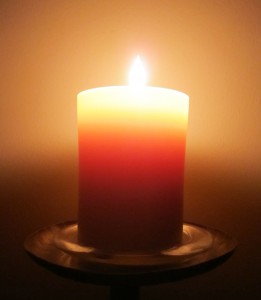
PHOTO: Mary van Balen
This evening I joined a gathering of people at Trinity Episcopal Church for a prayer vigil of remembrance and solidarity following the violence in Orlando. People of various denominations, faiths, and communities celebrated in a simple service that included silence and music—not too many words. Being together in the Holy Presence of Love, however one names it, was enough.
I felt a profound sense of peace sitting in that welcoming church. Clergy and community leaders spoke and shared their thoughts and voiced prayer for all: an Episcopal priest, Methodist minister, Jewish rabbi, Islamic leader, a member of the LGBT community, and a representative of the Ohio Coalition to Stop Gun Violence.
Perhaps the most moving moments were those spent standing in silence, listening to the bell toll 50 times, once for each life lost.
We held candles during the final musical piece and benediction. “What’s a vigil without candles?” rector Rev. Richard A. Burnett asked.
True. Candles bring light into darkness, a symbol of Love, of prayer, which do the same.
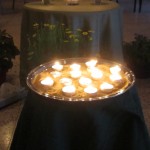
PHOTO:Mary van Balen
Note:
As we left the church, a table held information from a number of community organizations that invited participation. Love is the motivator, the power. But, as Stephen Colbert said as he began his show after the attack: “Love is verb. Do something.” It’s not enough to remember. Each in our individual way must make Love live. One suggestion? In November, vote, and vote to elect those who will not build on hate and division, but who will work for the common good and protect the civil rights of all.

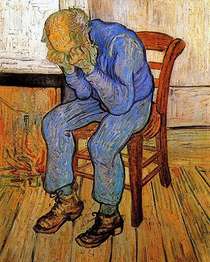
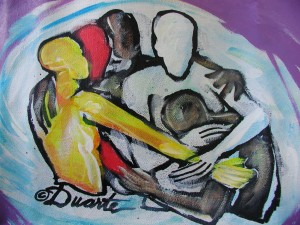

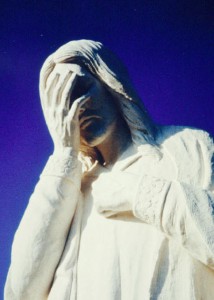


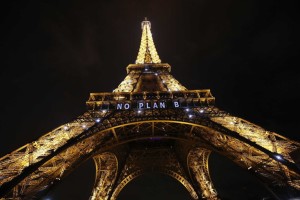







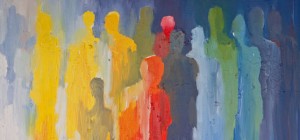 A few days ago, Jenny Boylan wrote a great editorial in the New York Times about white privilege. It’s easy to miss it, if you’re white that is. Privilege is like that. When you’ve got it, it’s almost invisible to you while being obvious to those who don’t have it. I am a woman, so I recognize male privilege when I see it. I’m white, too. White privilege can escape my notice. I wouldn’t think of any transgender people, likely the most marginalized people in our society, as being privileged. Jenny Boylan didn’t either…
A few days ago, Jenny Boylan wrote a great editorial in the New York Times about white privilege. It’s easy to miss it, if you’re white that is. Privilege is like that. When you’ve got it, it’s almost invisible to you while being obvious to those who don’t have it. I am a woman, so I recognize male privilege when I see it. I’m white, too. White privilege can escape my notice. I wouldn’t think of any transgender people, likely the most marginalized people in our society, as being privileged. Jenny Boylan didn’t either…


 An
An